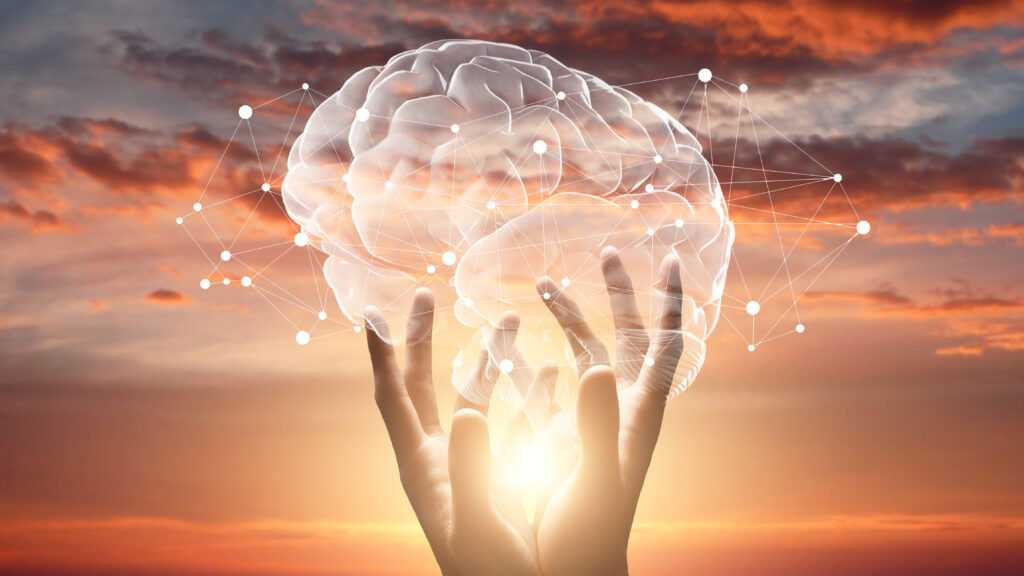Have you ever overheard a conversation filled with slang that left you confused and curious? Street drug names and nicknames are part of a covert language, designed to keep outsiders in the dark and conceal potentially dangerous activity. Whether you’re a parent, educator, healthcare professional, or simply someone who wants to stay informed, understanding these terms is crucial for protecting yourself and those you care about. In this article, we’ll break down common street drug slang, so you can identify potential red flags, improve communication, and take action if needed. Redemption Recovery is committed to spreading awareness and providing support for individuals and families.
Why It’s Important to Know Street Drug Nicknames
Street drug names aren’t just casual slang; they’re a critical component of the secretive drug culture. Understanding this language can be the difference between being in the know and being completely unaware of a potentially harmful situation. Here are some reasons why this knowledge is so essential:
- Identify Drug Use: Recognizing slang terms can reveal when someone is discussing drugs, which may provide early clues about substance abuse or risky behavior.
- Improve Communication: If you understand the language, you can better engage with and support someone who may be at risk of substance abuse.
- Enhance Prevention Efforts: Awareness is a key part of prevention, especially in schools, workplaces, and communities. By understanding these terms, you can be a more proactive and vigilant advocate for health and safety.
- Help Authorities and Counselors: Professionals like police officers, school counselors, and social workers benefit from being familiar with street drug slang. It allows them to stay ahead of trends and communicate more effectively in high-risk environments.
Common Street Drug Names and Their Meanings
Street drug slang is constantly evolving, but there are some widely recognized terms that everyone should know. Below, we’ll explore some of the most common drugs and their various nicknames.
Cocaine: The High-Profile Stimulant
Cocaine is a highly addictive stimulant that has been glamorized in pop culture for decades. The drug goes by many names, which can make it challenging to detect discussions about it.
Popular Street Names
- Blow
- Coke
- Snow
- White Powder
- Yayo
How It’s Used in Conversations:
Someone might say, “Do you have any snow?” or “Let’s hit some yayo tonight.” These terms can be subtle or context-specific, so understanding them helps you identify potential risks. Cocaine use is associated with a range of health problems, from heart issues to severe addiction.
Signs of Use:
- Frequent nosebleeds
- Rapid speech or hyperactivity
- Dilated pupils
- Weight loss
If you notice these signs in someone, combined with an awareness of the slang, it may be time to seek help. Redemption Recovery is dedicated to helping people combat the dangerous effects of stimulant abuse.
Marijuana: Common Yet Still Misunderstood
Despite the legalization of marijuana in several regions, it remains widely used and comes with a slew of slang terms. This is important, especially for parents and educators who want to keep young people safe from underage use.
Common Nicknames
- Weed
- Pot
- Ganja
- Herb
- Mary Jane
Cultural Variations:
Slang terms for marijuana often reflect cultural trends or geographic areas. For example, “ganja” is more common in areas with Rastafarian influences, while “herb” is used to emphasize its natural origins.
Impact on Young People:
Teenagers are especially susceptible to peer pressure, and slang terms are often used to normalize marijuana use. If you hear these terms used casually, it’s crucial to have an open and honest conversation about the potential risks and consequences.
While marijuana may seem harmless to some, it can negatively impact mental health, motivation, and cognitive function, especially in young users.
Synthetic Drugs: The Unpredictable Danger
Synthetic drugs are lab-created substances designed to mimic the effects of more well-known drugs. They are often sold under the guise of being “safer” or “legal,” but they are anything but safe. Their unpredictable nature can lead to severe and even fatal outcomes.
Spice/K2: Synthetic Cannabinoids
Spice, also known as K2, is designed to mimic THC (the active ingredient in marijuana) but can have more severe and unpredictable effects.
Street Names Include:
- Black Mamba
- Kronic
- Moon Rocks
- Fake Weed
Why It’s Dangerous:
Spice can lead to extreme reactions, including hallucinations, violent behavior, and organ damage. The inconsistency in chemical formulas means that every batch can produce a wildly different effect.
Bath Salts: A Synthetic Stimulant
Bath salts have nothing to do with Epsom salts and everything to do with extreme, dangerous behavior. The synthetic stimulant is known for causing intense hallucinations and aggression.
Slang Terms:
- Bloom
- Cloud Nine
- Scarface
- Vanilla Sky
Risks and Dangers:
Users often experience extreme agitation, paranoia, and delusions. Physical effects can include heart attack and kidney failure. Bath salts are often marketed under innocent-sounding names, making them harder to recognize.
Preventive Measures:
Education is crucial. By learning these slang terms, you can be better prepared to intervene or seek help. Redemption Recovery offers comprehensive treatment options for those affected by synthetic drug use.
The Opioid Epidemic: Slang That Conceals Addiction
The opioid crisis has affected millions of people across the globe, and the slang associated with these drugs is constantly evolving. Being aware of these terms can help you spot warning signs and take early action.
Heroin: A Life-Threatening Opioid
Heroin is an opioid derived from morphine, and it is known for its powerful and dangerous effects.
Street Names Include:
- Smack
- Horse
- Brown Sugar
- Dragon
- H
Signs of Heroin Use:
- Track marks on the skin
- Pinpoint pupils
- Sudden changes in behavior
- Periods of intense drowsiness or “nodding off”
Prescription Opioids: Often Misused
Drugs like OxyContin, Vicodin, and Percocet are highly addictive and have their own set of slang terms.
Nicknames:
- Oxy: Short for OxyContin
- Vikes: Refers to Vicodin
- Perks: Slang for Percocet
- Hillbilly Heroin: Refers to OxyContin
These drugs are often abused because of their accessibility and powerful pain-relieving properties. If someone mentions these terms frequently, it may be a sign of prescription drug misuse.
Seeking Support:
Our team is well-equipped to handle opioid addiction through a combination of detox, therapy, and aftercare. The sooner intervention happens, the better the chances for recovery.
What You Can Do to Stay Informed
Staying ahead of drug trends is more important than ever. Here’s what you can do:
- Educate Yourself and Your Loved Ones: Make it a point to regularly update your knowledge of street drug names. Websites, health resources, and professional organizations often provide the latest information.
- Keep an Open Line of Communication: Encourage honest conversations with family members, especially teenagers. Let them know they can come to you without judgment.
- Be Observant: Pay attention to changes in behavior, language, and physical signs. Often, subtle clues can point to a larger issue.
- Seek Help Early: If you suspect someone is using drugs, early intervention can make a significant difference. Redemption Recovery offers tailored treatment plans to address various forms of substance abuse.
Stay One Step Ahead
Understanding the slang and nicknames associated with street drugs is not just about knowing the language; it’s about protecting those you love and being prepared to act when necessary. From marijuana to synthetic drugs and opioids, being informed can empower you to make a positive impact.
Remember, knowledge is a powerful tool. By staying educated and vigilant, you can help prevent substance abuse and guide those who are struggling toward recovery. If you or someone you know needs help, Redemption Recovery is here to provide compassionate, effective support. Don’t hesitate to reach out—your journey to recovery and safety can start today.
Our compassionate team of addiction specialists is ready to help — but only you can make the first call.
One phone call can change it all.It’s time for Redemption: (419) 504-6245
Find out what addiction treatment your insurance will cover here.





